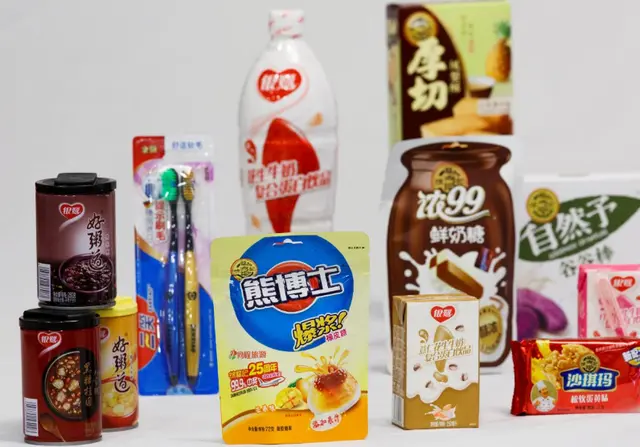US President Donald Trump's pick to become Washington's top diplomat pledged Thursday to work with US allies to strengthen the Iran deal and played down fears he is bent on removing the Democratic People's Republic of Korea (DPRK)'s leader Kim Jong Un.
Mike Pompeo, the outgoing director of the Central Intelligence Agency, disavowed his reputation as a "war hawk" and an anti-Muslim hardliner as he sought to woo support from senators to become the next US secretary of state.
He told members of the Senate Foreign Relations Committee that he would restore "swagger" to a State Department left in tatters by Rex Tillerson, and strengthen relations with US partners left ragged after the tumultuous first year of President Donald Trump's administration.'
A protester from CodePink holds up a placard and shouts as Secretary of State nominee Mike Pompeo testifying before the Senate Foreign Relations Committee during his conformation hearing on Capitol Hill in Washington, DC, on April 12, 2018.
Pompeo, a former congressman, emphasized his close relationship with Trump – something Tillerson never had – and his time at the CIA, which he said had given him a strong appreciation for the necessity to work closely with foreign partners.
He promised to fill scores of unoccupied diplomatic posts, to spend time with the staff and delegate authority, saying current state department staff are "demoralized" and "do not feel relevant."
"All of this – listening, leveraging differences, unleashing talent, teamwork – will become the fabric of a State Department culture that finds its swagger once again," he said.
Softening hawkish profile on Iran, DPRK
Pompeo, widely termed as a "hawk" in the Trump administration, tried to soften his rhetoric on a group of regional hotspot issues in the hearing that lasted some four hours.
Speaking of the possibility of the US leaving the Iran deal –a decision Trump has to decide around May 12 – Pompeo said his objective was to "fix this deal."
"If there's no chance that we can fix it, I will recommend the president to do our level best to work with our allies to achieve a better outcome and a better deal," he said.
He further explained that should the framework agreement not come in place by May 12, he would work for a better agreement despite Tehran's threat to leave the deal if Washington drops out of it.
"There is continued interest on the part of Iran to stay in this deal. It's in their own economic self-interest to do so," he said.
As for Pyongyang, Pompeo also tried to make a more peaceful tone by mentioning the proposed meeting between Trump and Kim Jong Un, top leader of the DPRK.
"There is work being done today in preparation for the president's proposed meeting with Kim Jong Un," he said.
"No one is under any illusions that we will reach a comprehensive agreement through the president's meeting, but to enable, to set out the conditions which would be acceptable to each side for the two leaders that will ultimately make the decision about whether such an agreement can be achieved and then set in place," he added.
Remaining harsh on Russia
US relations with Russia have further deteriorated recently due to the "poisoning attack" of an ex-Russian spy, the following expulsion of Russian diplomats and various sanctions imposed under different charges.
"If I am confirmed as the secretary of state, I can assure this administration will continue, as it has for the past 15 months, to take real actions to push back, to reset the deterrence relationship with respect to Russia," he said.
The confrontational tone has stirred alarm for the relations between the two world powers.
"Pompeo will need to decide whether to resist – rather than encourage – one of the most alarming trends in US global engagement: the ongoing militarization of US foreign policy. The tea leaves here are not encouraging," said Stewart M. Patrick from the Council on Foreign Relations, a US-based think tank.
(CGTN)
 简体中文
简体中文



